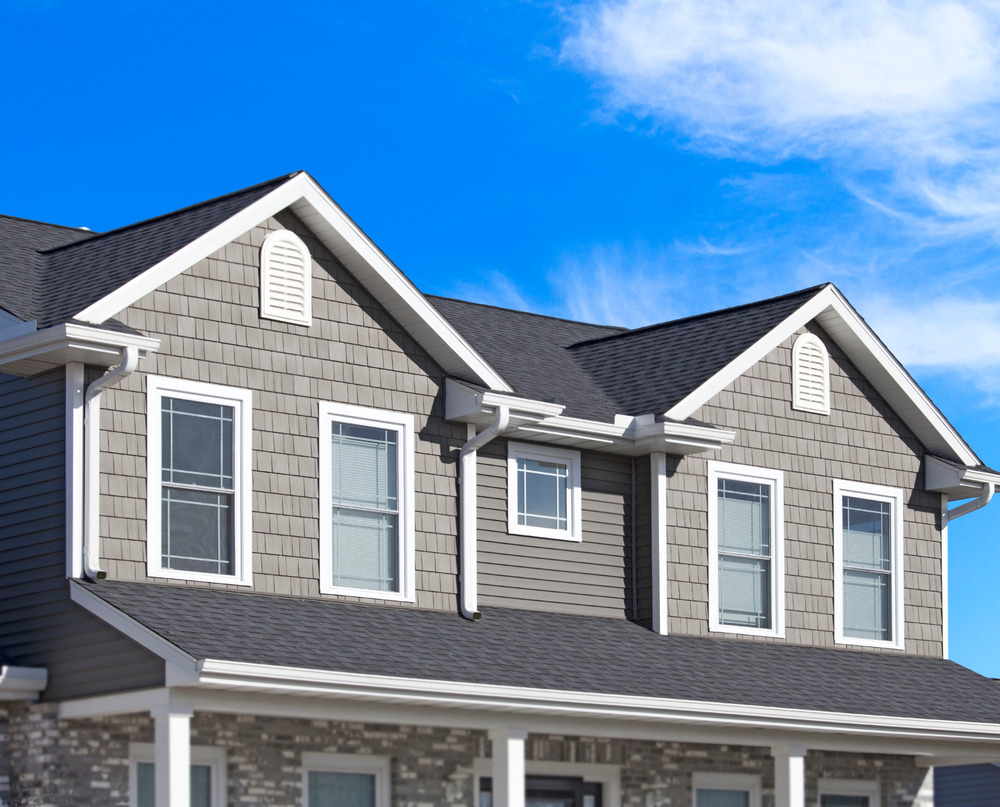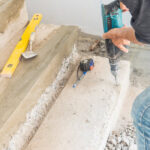Improving the energy efficiency of your home not only helps the environment, but it can also save you money on your monthly utility bills. Below are a few suggestions when it comes to increasing your home’s energy efficiency.
Insulation
It is essential to insulate your home properly to keep it warm during winter and cool during summer. Insulating your walls, floors, and attic can significantly lower energy usage by blocking heat from escaping in winters and entering during summers. This leads not only to a comfortable indoor temperature but also decreases the burden on heating and cooling systems resulting in reduced energy bills.
Seal Those Drafts
Cracks and gaps around windows, doors, and outlets are notorious for letting cold air in and warm air out. Sealing these drafts with weatherstripping or caulk is a cost-effective way to increase your home’s energy efficiency. It’s also worth investing in energy-efficient windows and doors, which offer better insulation and can further reduce drafts.
Energy-Efficient Appliances and Lighting
Using energy-efficient appliances like refrigerators, washing machines and dishwashers means you can significantly reduce your consumption of energy and water while also cutting down on utility expenses when compared to traditional appliances. Similarly, replacing incandescent light bulbs with energy-saving LED or CFL bulbs can significantly cut down your electricity consumption. Plus, they last longer, saving you money on replacements.
Rain Gutter Installation
While not the first thing that comes to mind when thinking about energy efficiency, rain gutters can play a significant role in protecting your home from water damage. When rainwater isn’t adequately diverted away from your home, it can seep into the walls, causing dampness and, in turn, energy loss. This dampness can lead to increased heating and cooling bills as your HVAC system works harder to maintain a comfortable temperature. The experts at Global Gutter Systems say that a rain gutter installation can effectively channel water away from your home, preserving its structural integrity and preventing energy loss.
Smart Thermostats for a Smarter Home:
A smart thermostat is an investment worth considering when looking to increase your home’s energy efficiency. These thermostats learn your daily routines and adjust the temperature accordingly, ensuring that you’re not heating or cooling an empty house. You can also control them remotely through a smartphone app, enabling you to make temperature adjustments even when you’re away from home.
Harness the Power of the Sun:
Solar panels are a popular way to reduce your reliance on non-renewable energy sources and lower your monthly electricity bills. By installing solar panels on your roof or in your backyard, you can generate clean, renewable energy to power your home. While the initial investment may be significant, the long-term savings and environmental benefits make it worthwhile.
Plant Trees for Natural Insulation
Strategically planting trees and shrubs around your property can provide natural insulation and shade, reducing your home’s energy consumption. Deciduous trees, which lose their leaves in the winter, can shade your home during the hot summer months while allowing sunlight to warm your home in the colder months. This can help decrease your reliance on heating and cooling systems.
Upgrade Your HVAC System
Older heating and cooling systems can be energy hogs. Upgrading to a newer, energy-efficient model can lead to significant savings on your energy bills. Look for systems with a high Seasonal Energy Efficiency Ratio (SEER) and Energy Star certification to ensure you’re investing in a unit that will help reduce your energy consumption.
Conclusion
Increasing your home’s energy efficiency doesn’t have to be complicated or expensive. Implementing a combination of the strategies above means you can create a more sustainable, energy-efficient living space that benefits both the environment and your wallet.







